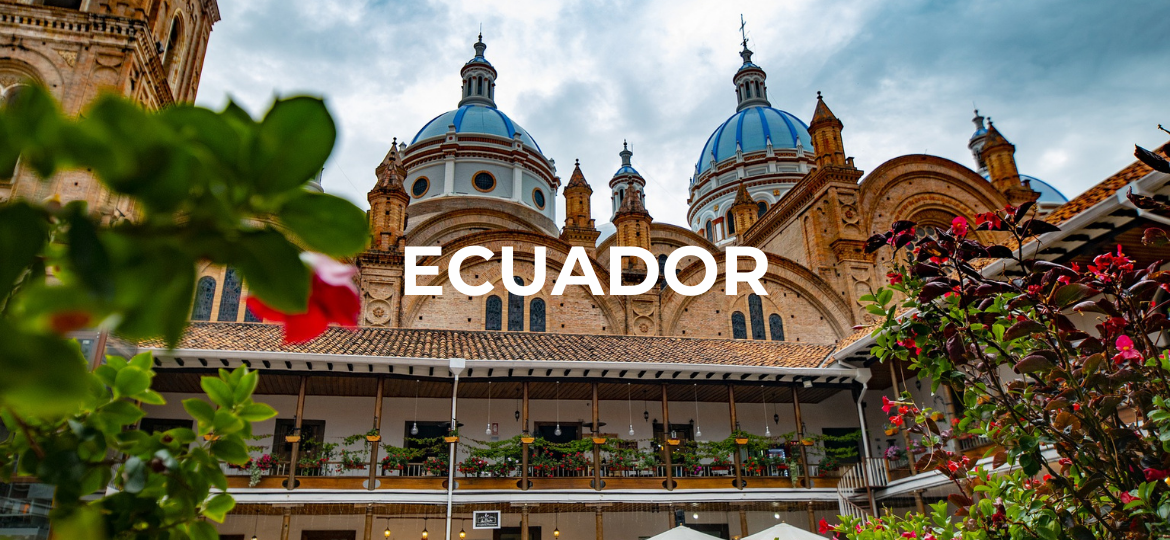
ProtectDefenders.eu is deeply concerned about the situation of human rights defenders in Ecuador, after receiving information about arbitrary detention and criminalisation of human rights defenders in the country.
The context for human rights defenders in Ecuador is complex. On the one hand, there are important institutional advances towards the recognition of the legitimacy of the struggle for human rights in the country, since the National Assembly granted an amnesty for 268 social activists and human rights defenders criminalised in the country in March 2022. On the other hand, criminalisation processes against human rights defenders are multiplying around the country as this is one of the main strategies used to curb community resistance to the advancement of extractive projects that impact their lands, territories and ways of life.
On 14 June 2022, indigenous human rights defender, Leonidas Iza Salazar, a Kichwa Panzaleo indigenous human rights defender and current president of the Confederation of Indigenous Nationalities of Ecuador (CONAIE) was arbitrarily detained early in the morning by members of the Ecuadorian National Police during the first hours of a national strike called by indigenous leaders in the Andean province of Cotopaxi. Leonidas Iza Salazar was held incommunicado for nearly 15 hours without being notified of the reasons for his detention. On the night of the 14th, a judge of the Latacunga Criminal Unit ordered his immediate release and issued alternative measures against him. The detention and criminalisation of Leonidas Iza Salazar take place in the context of a worrying wave of arbitrary detentions and stigmatisation of social protest carried out by the National Government in response to the national strike initiated on 13 June 2022.
CONAIE called on various sectors of Ecuadorian society to join a national strike and a mobilisation to demand a response from the government to the high fuel prices, the high level of unemployment, the high prices of rural products and the increase in the extractive activities that threaten the lives and territories of indigenous peoples in the country, among other issues.
Local organisations have reported that in the first two days of the national strike, the government has ordered a wave of arrests in the cities of Quito and the provinces of Pichincha, Cotopaxi, Imbabura, Sucumbios, Morona Santiago and Santa Elena.
Furthermore, on June 8, 2022, the second instance hearing of human rights and environmental defenders Nestor Caicedo, Andrés Arce, Luis Quintero and Samir Mina, of the Barranquilla San Javier Commune in Ecuador who were convicted and charged in the first instance on 8 September 2021 for exercising their right to protest and to the collective defence of territory and the environment took place. It is of particular concern that the outcome of this hearing will set a precedent that undermines the exercise of the right to peacefully defend human rights and the environment in Ecuador.
In November 2019, after frustrating attempts at dialogue with the Energy & Palma company, a company that gradually acquired part of what is legally recognized as the collective property of Barranquilla Commune, the community of Barranquilla San Javier in Ecuador began a three-month peaceful occupation of one of the roads in the zone, an act of peaceful protest that was violently broken-up in February 2020 by at least 120 police and helicopters that stormed the camp. The commune denounced the excessive use of force and the damage to the property of several members of the commune.
The company Energy & Palma initiated legal action against seven community leaders and human rights defenders, accusing them of damages allegedly caused by the peaceful occupation, and demanding the payment of $351,000. During the first instance trial in September 2021, the judge ordered Nestor Caicedo, Andrés Arce, Luis Quintero and Samir Mina to pay $150,000 to the company.
Journalists in Ecuador are working in a climate of growing danger, with the press under constant attack, largely by government agents. The country ranks 68 on RSF’s Press Freedom Index. The three successive terms of Rafael Correa from 2007-2017 had dramatic effects on press freedom. The ex-president tried constantly to control the media agenda, never hesitating to publicly and personally attack journalistic critics, and launching countless conflicts between the government and the independent press. The presidency of Lenín Moreno from 2017-2021, and the first months of the term of Guillermo Lasso, elected in May 2021, have eased tensions between the government and many privately owned outlets. However; intimidation of reporters and attacks on them – especially during street demonstrations – as well as assaults on TV and radio newsrooms, remain common and have been intensifying since 2019. Government agents are the major aggressors.


